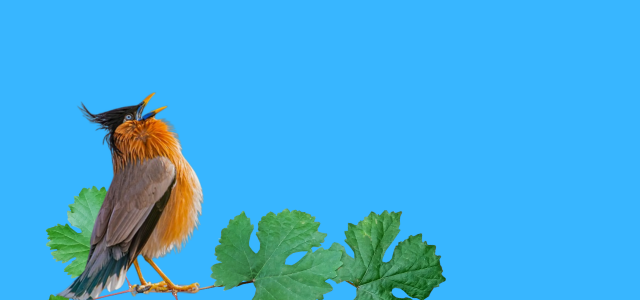The recent lawsuit filed by the National Music Publishers on behalf of 17 music publishers against Twitter for alleged copyright infringement should come as no surprise, as Twitter is the largest social media platform that has completely refused to enter into a license agreement with music publishers for the songs the platform uses and promotes. Elon Musk, who recently acquired Twitter, has tweeted that Copyright Law extends “too much protection” for the original owners of copyrighted work and the Digital Millennium Copyright Act (“DMCA”) – a statute that provides for notice and takedown of infringing copyrighted material – is a “plague to humanity.” Prior to Musk’s acquisition of Twitter in 2022, the social media site sent a letter to members of Congress that Twitter “unequivocally opposes copyright infringement” and has taken steps, such as implementing infringement tools, to assist holders of copyrights against infringement. Musk’s comments are a stark 180 and send a message to IP rights holders that Twitter does not intend to invest or heavily monitor infringement on the site.
The complaint cites over 1,700 songs whose copyright Twitter has allegedly infringed, including songs from Mariah Carey, Lady Gaga, and Bruno Mars. The lawsuit alleges that Twitter’s promotion of tweets with copyrighted music, along with the ease of “sharing” tweets that include copyrighted music, has helped the social media giant grow. Other social media platforms such as TikTok, Facebook, Instagram, YouTube, and Snapchat have all entered licensing agreements with music publishers to compensate musicians for the use of the protected works.
Copyright law grants legal rights in creative works and its protections are enumerated in the United States Constitution. A valid copyright, which these musical artists have, grants them exclusive rights such as reproduction of the works and distribution of copies to the public by sale, as well as entitles these artists to be compensated for the unauthorized use of their work. In this specific case, Twitter is unlawfully copying, distributing, and publicly performing protected works through the social media platform. Unless Twitter can prove the dissemination of the protected works falls under the Fair Use Doctrine or the Safe Harbor Provision of the DMCA – which is unlikely – the social media giant could be on the hook for hundreds of millions of dollars in damages.
To prevent the unauthorized use of artists’ work, music publishing groups often enter into licensing agreements with social media platforms and other purveyors of content to generate income and protect their client’s work, while also affording social media platforms the benefit of legally using and promoting the protected work. Licensing protected works is not a new practice, and is a type of “quid pro quo” that benefits both the music publishers and the social media platforms. For platforms that advertise and use protected works, a license is more of a requirement than a choice. Elon Musk, however, believes obtaining a license in order to use protected works is a “pick and choose proposition,” with Twitter choosing not to participate.
Inventors, creators, and brand owners alike painstakingly spend time and money obtaining protections on their inventions, creative works, and brands to protect what they have created and create a valuable asset that can be leveraged during business negotiations, or contract talks. When unauthorized users, especially influential social media platforms, willingly disregard the legal rights granted to these creative expressions, intellectual property law, and its benefits are severely undermined. Why spend the time and money on obtaining legal protection if these protections can be bypassed and disregarded? The more publicly accessible these creative works are, the less valuable the creative works are as an asset. While it may seem harmless when scrolling through Twitter to tweet or share a song from your favorite artist, each “tweet and “share” has implications on both the owner of the creative work and the platform allowing the unauthorized uses.
Although Elon Musk is notably litigious, and would rather spend millions of dollars and years of litigation before conceding a loss, a licensing agreement between Twitter and the music publishers is the most sensible and amicable solution to this straightforward legal issue. If he refuses, and the Music Publishers are victorious at trial, the legal ramifications and sanctions leveled against Twitter will hopefully prevent blatant and willful infringement of protected works in the future.
Written by Nicolas Holmes, Trademark Associate, Caldwell

